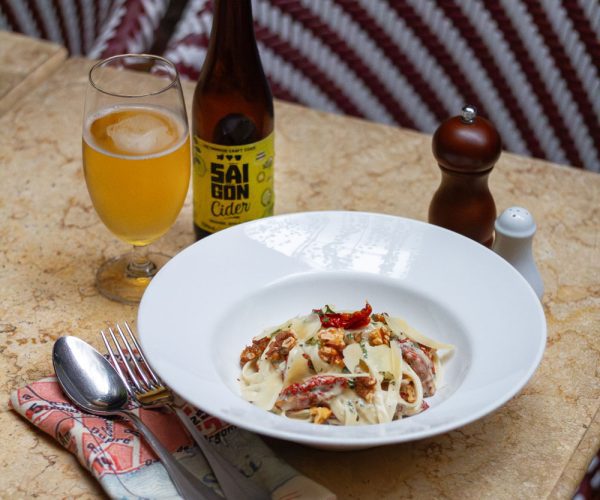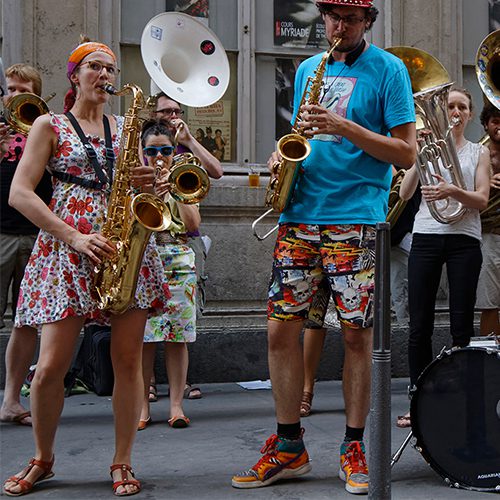Basque, Bretons and Beer : The History of Cider in France
The first historical records of cider date to the Hebrews, who inhabited the Levant some 3000 years ago. They drank shekhar, a fermented beer made of fruit and grain. They passed this tradition onto the Greeks and the Romans, who brought the drink to Gaul (what is now France), where apple and pear trees grew abundantly. By the late 11th century, mentions of cider appeared in both Basque and Norman documents, and by the 13th century it had established a presence in Brittany.
The invention of the cider press in the 13th century allowed cider production to take off. In Basque Country, where it was already the staple drink, production was so bountiful that the Kingdom of Navarra (located in Basque Country) was exporting cider around the Mediterranean.
In the North of France, cider was the drink of the nobility until the 16th century, where it became more accessible to the rest of the population and skyrocketed in popularity. By the early 20th century, the residents of Rennes, the capital of Brittany, were drinking close to 400 litres of cider per person per year.
Normandy differentiates itself from the other Cider-producing regions of France by also producing Calvados. Made by distilling cider, it’s a style of apple brandy native to the region. True Calvados must be produced according to strict standards entirely within the Calvados region of Normandy, and is enjoyed as an after dinner digestif, or can be sipped like a fine cognac or whiskey.
In recent years, cider production has sadly faded. While it is still popular in France, it is a seasonal drink associated with religious holidays at the start of the year, as well as visits to cider-producing regions, and Basque, Bretton and Norman restaurants. Attempts to revive the culture of cider and elevate it to a status similar to wine are underway, and sales have been on the rise. Despite this, low quality commercial cider is being marketed to young people as a sweeter and lighter alternative to beer, creating a bad image for the drink.



